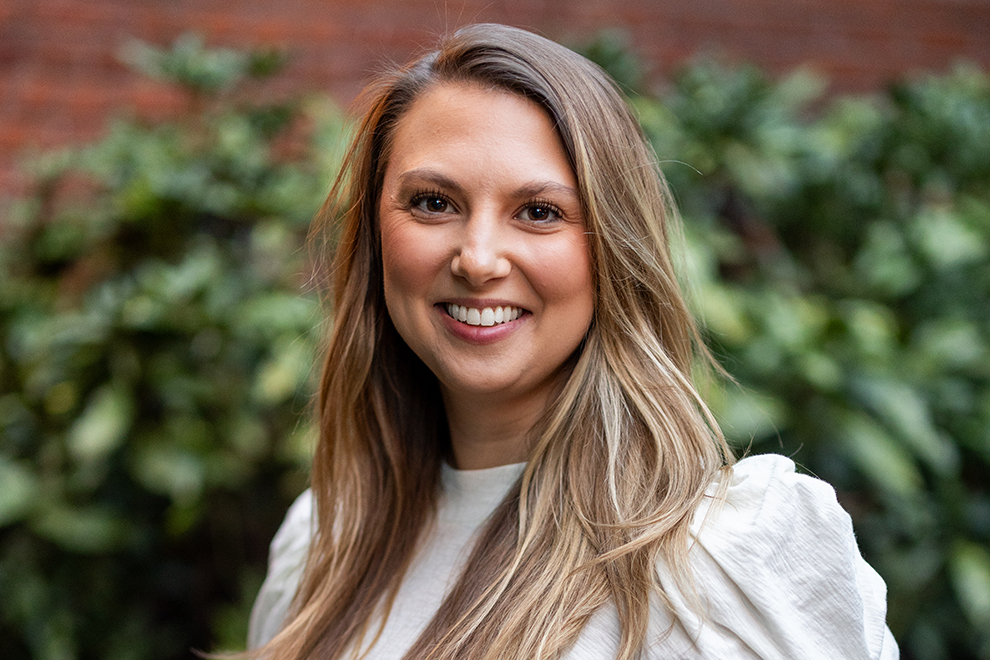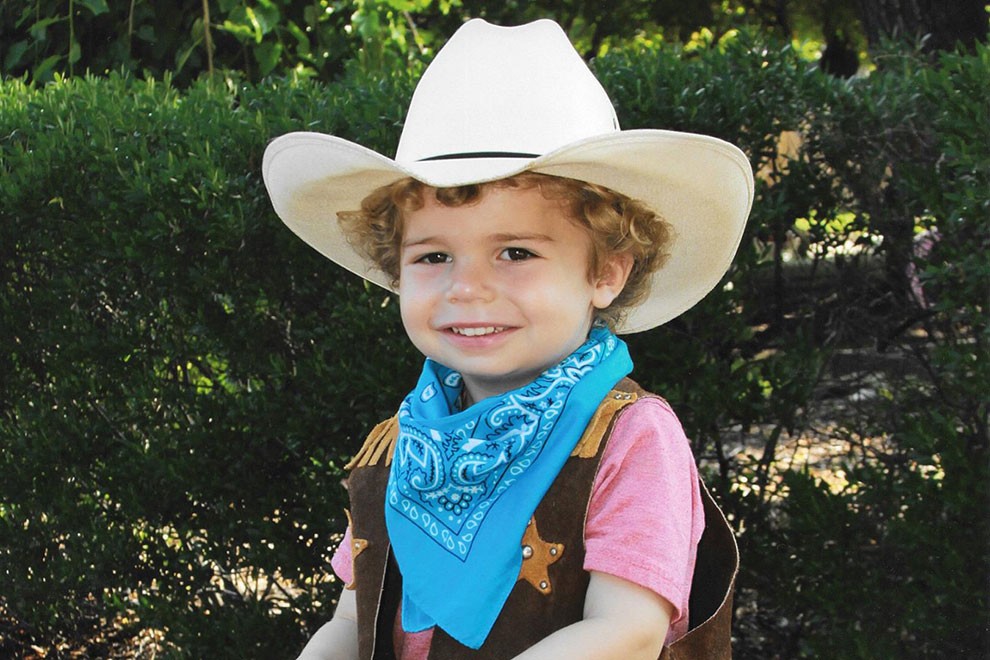We crank up the radio in the car on the way to school, and we often form our own little marching band, complete with maracas (uncooked rice inside plastic eggs), drums (empty Quaker oatmeal canisters) and plastic recorders. As it turns out, exposing my children to music benefits them in many ways.
According to Laura Yeh, director of the St. Louis School of Music, music has numerous practical benefits for children. Learning to play a musical instrument, for example, helps children with problem-solving, helps develop fine motor skills, provides them with a better understanding of different cultures, and leads to stronger study habits as well as a stronger work ethic. Yeh adds that other benefits of music for kids include an increase in creativity, memory, accuracy, patience and confidence.
Learning to play a musical instrument helps many children with problem-solving and leads to the development of stronger study habits.
Ellen Papa, a professional actress and singer, and a voice and drama teacher in Richmond, agrees. “All of my students have their favorite type of music,” says Papa. “So I focus on their favorites and they come alive. They tell me that it helps them become more confident in school. Once they have the tools to be successful performers, standing up in class to present a report is a breeze. There is evidence that kids of all ages that listen to music do better in school.”
Americans for the Arts reports that music students are four times more likely to be recognized for academic achievement, three times more likely to be elected to a class office, four times more likely to participate in a math or science fair, and three times more likely to win an award for school attendance. In addition, students involved in music and arts programs display improvements in reading and math skills, have better thinking skills, teamwork skills, self-esteem and discipline, and work harder to achieve a goal, according to The MUSIC (Music Unlocks Success In Children) Foundation.
Once children have the tools to be successful performers, standing up in class to present a report is a breeze.
Carol Smoot, director of the Richmond branch of Let’s Make Music Together, an international musical program for infants, toddlers, and preschoolers, believes in exposing children to music as early as possible.
“Our biggest suggestion is to play musically with your child,” she says. “A child’s job is to play. I like to remind families that even though your child may not be talking, you still talk with your baby, make sounds to your baby constantly throughout the day, and, as complex as the English language is, you have taught your child that life skill. Music is very similar.”
There is evidence that kids of all ages who listen to music perform better in school.
Smoot recommends that parents sing to their child, play musical games, and make or buy some childfriendly instruments and have them as available as any of their other toys. She adds that parents should always strive to expose their child to music.
Nathania Hall, a mother of two who has taken Smoot’s class, agrees: “Both my girls love and really respond to the program. Music was their first language. It helped us communicate before words were possible. Some parents use sign language; we would use music class songs to share our moods. The impact certainly seems to be ongoing.”
Erin Franklin, an elementary school music teacher in Henrico County for the past six years, and a private piano teacher for five years, helps instill a love of music in older children. “One of the main reasons for studying music is that music has a huge influence on our lives. We hear music in movies and on the radio, we dance at weddings, we sing together in religious services, and sing lullabies to our children,” says Franklin. “Many fans even sing at sporting events to support their team. Since music is such an integral part of our lives, we really should make an effort to teach our children to appreciate it and understand it.”
Parents should strive to expose their children to multiple styles of music.
Evidence also suggests that such programs benefit students academically. According to the Journal of Research in Music Education, students involved in music programs scored higher on the SATs, as much as 22 percent higher in English and 20 percent higher in math. University studies in Georgia and Texas similarly found that band students in middle and high school performed better than non-band students on standardized tests. Children who put forth the time and effort to practice an instrument give the same energy toward studying and schoolwork.
“Another benefit to studying music is that performing music is an emotional experience and a path to catharsis,” adds Franklin. The music teacher shared some useful information from a recent study from the University of Texas. “Whether you are performing for yourself or for an
Audience, you must learn to emotionally connect to the music so the true message is conveyed. This experience allows a person to process and experience emotions in a healthy manner and eventually leads a person who is more adept at handling high stress situations and anxiety. The ability to process emotions and perform in high-pressure situations certainly aids students in taking standardized tests and will surely help them in their future careers.”
Participating in theater and drama can be a great way to help kids express their feelings.
Susan Jones of Short Pump is grateful that her 13-year-old daughter is actively involved in music and theater. “I think it is important because it increases development of areas of the brain particular to music,” she says. “It also helps kids have a positive way to express their feelings. It is also a very positive part of her identity and a great activity. This has helped her have a healthy self-esteem and I think girls this age really need to have that to develop as strong young women and avoid negative temptations.”
With school budget cuts imminent across Virginia and music and art education at stake, there are simple ways to keep arts in the home.
“I believe families should make music a part of their daily lives, “ says Franklin. “Listen to music as you get ready in the morning, ride in the car, or do chores around the house, and certainly sing songs together before bedtime. Also make an effort to expose your families to multiple styles of music and teach your children to appreciate each style for its own uniqueness.”




